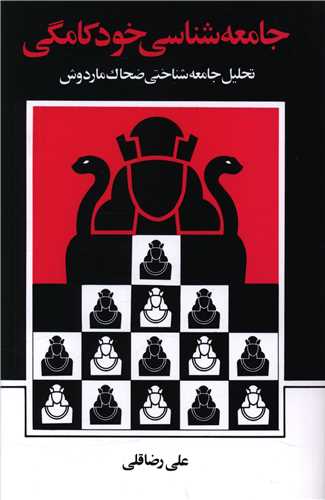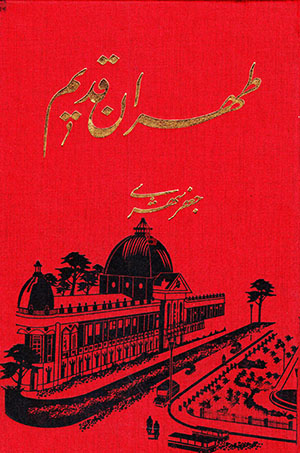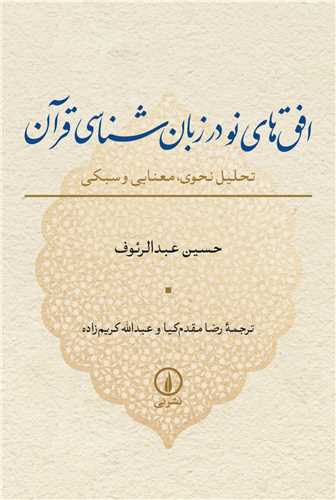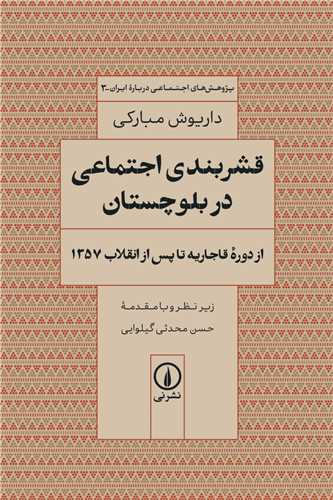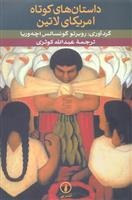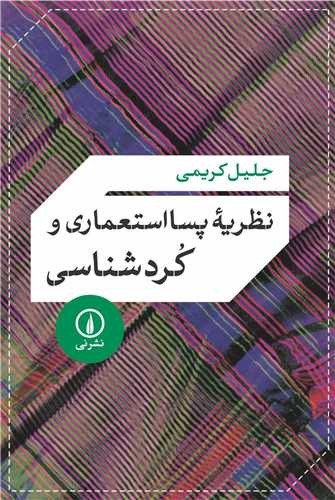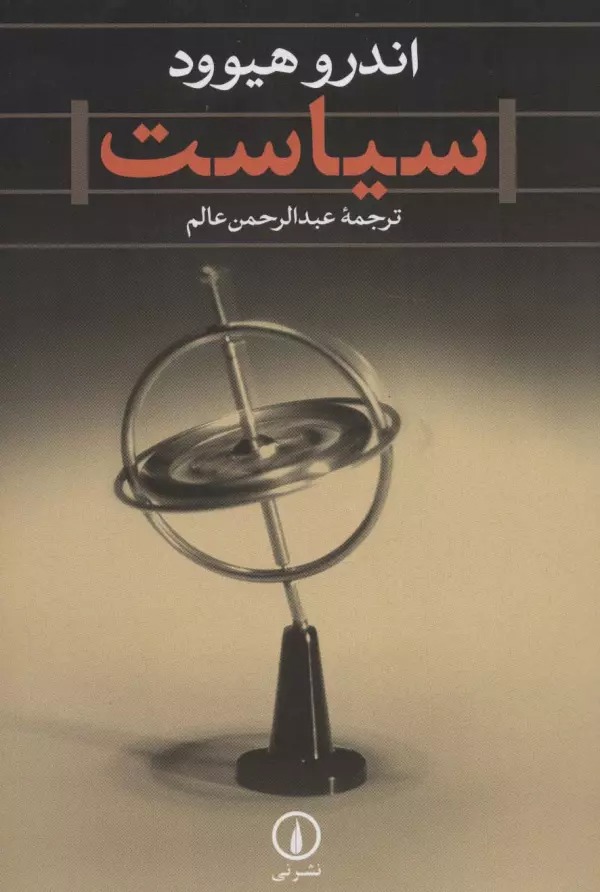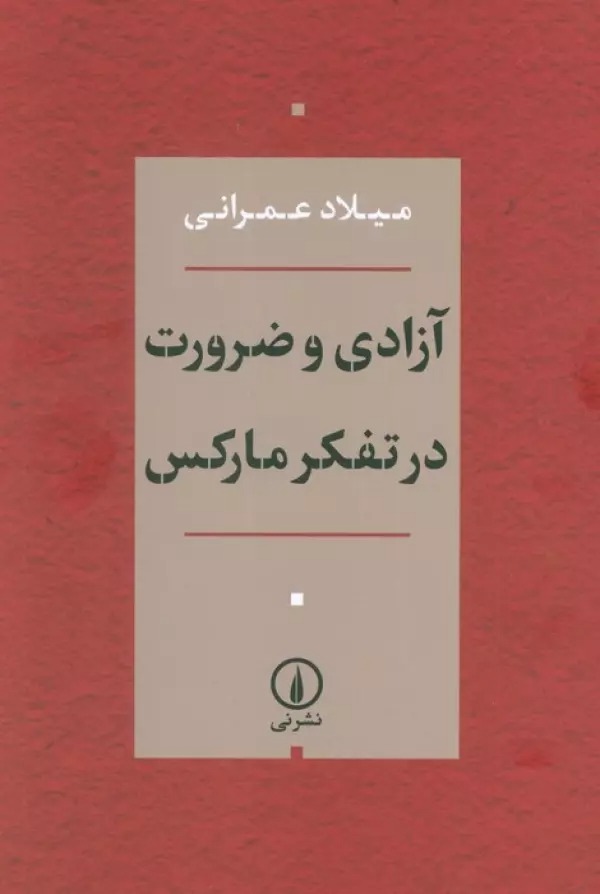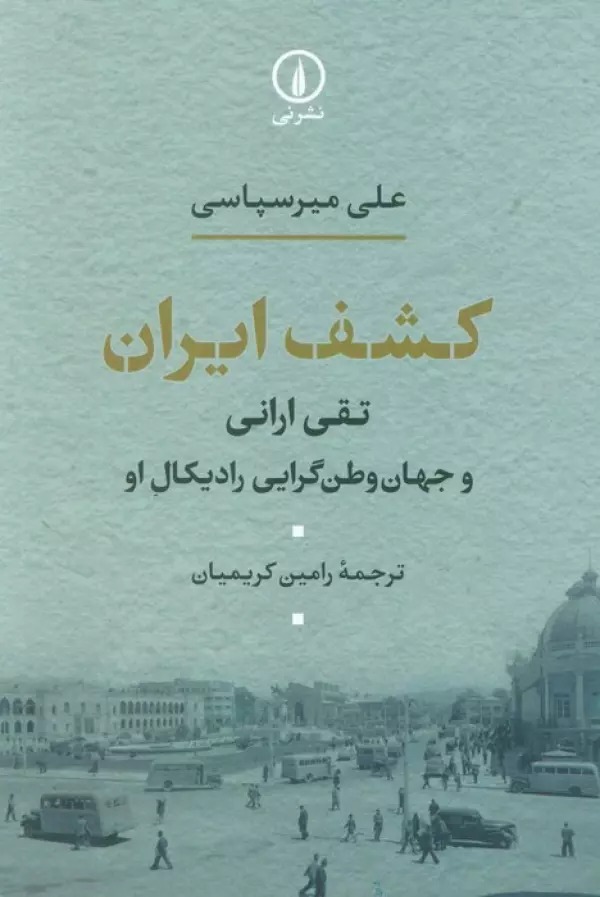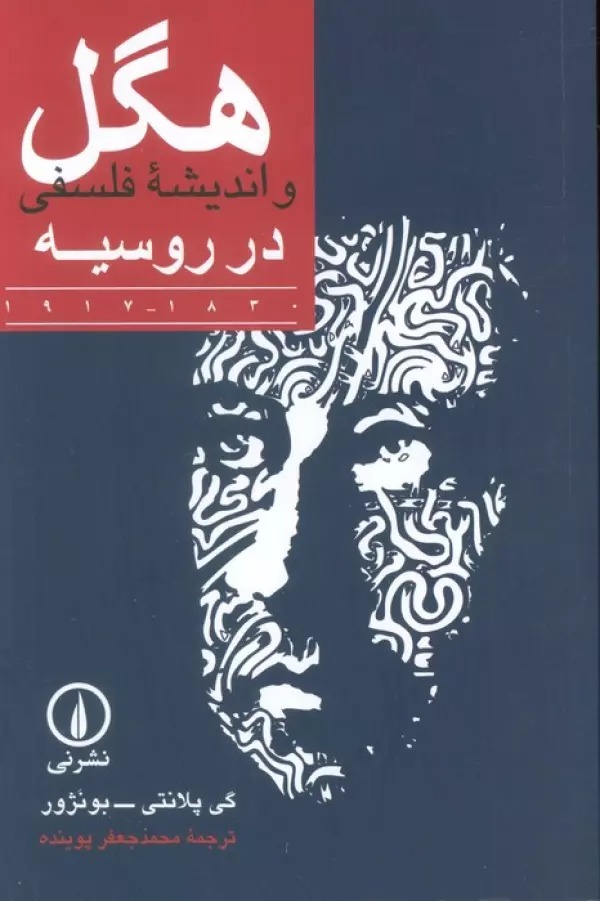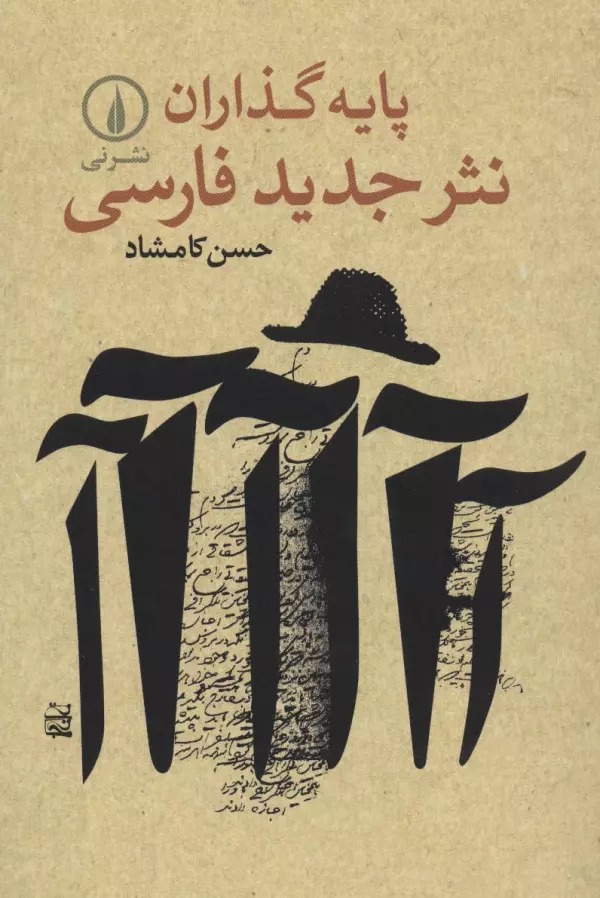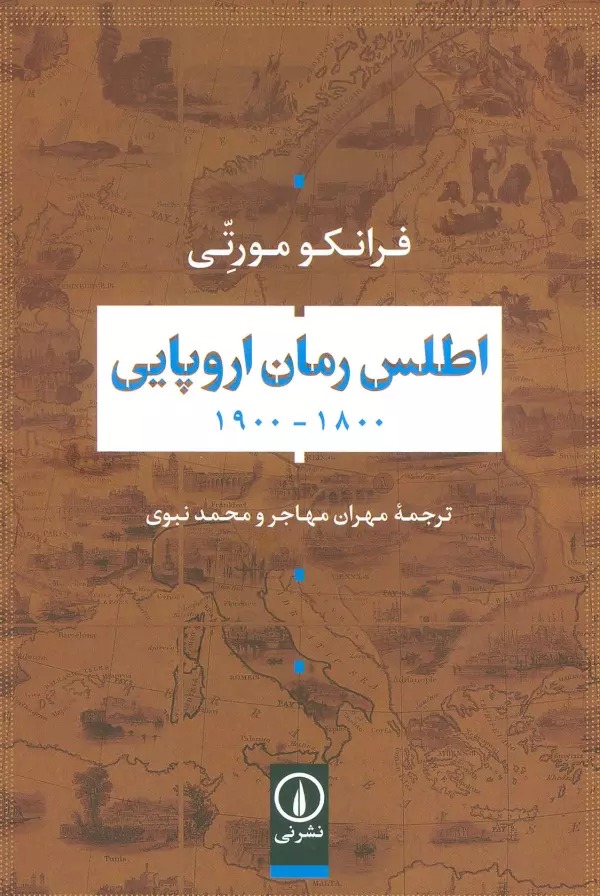جامعهشناسی خودکامگی الفارسية 1401
Jām'ah'shināsī-yi Khud'kāmigī
11٫92 £
مشاركة
Wishlist
العنوان الأصلي:
جامعهشناسی خودکامگی
ISBN رقم:
9789643120184
الناشر:
Nashr-i niy
الفئة العمرية:
البالغون
الصفحات:
244
الوزن:
284 g
أبعاد المنتج:
14 x 21 x 2٫2 cm
غلاف الكتاب:
غلاف ورقی
"Sociology of Autocracy" or "Sociological Analysis of Dahhak Mardosh" is a work written by "Ali Reza Qoli" that begins with the question of why autocrats come to power one after another in Iranian society and repeat its social and political consequences at the level of society. "Ali Rezaqoli" answers this question along with many other sociological aspects by criticizing the story of Dahhak from the Shahnameh.
"Sociology of autocracy" examines a system in which a person ignores the rules, or in other words, violates the usual civil laws, and only imposes his wishes. In such a system, there is always a relationship based on fear between the ruler and the people. In the story of Dahhak Mardosh, by setting him as an example of an autocratic king who feeds on the brains of the youth, Ferdowsi presented the idea of establishing a justice-oriented military and the rule of the judge alongside people who are justice-loving and aware of different dimensions of society. He considers it ideal.
However, despite such a worldview and meaningful stories such as the story of Dahhak, even years after Ferdowsi, rulers like Agha Mohammad Khan and Naseruddin Shah ruled over Iran, and this authoritarian structure is constantly repeated. "Ali Rezaqoli" explains the different dimensions of this event in the book "Sociology of Autocracy" and examines the traces of this continued tyranny in the ancient history of Iran. He has analyzed the causes and effects in the system of thought and politics, and under the shadow of modern sociological theories, he puts autocracy under the microscope from the root to the surface.
more
"جامعه شناسی خودکامگی" یا "تحلیل جامعه شناختی ضحاک ماردوش" اثری است نوشته ی "علی رضاقلی" که با پرسش درباره ی چرایی روی کار آمدن خودکامگان یکی پس از دیگری در جامعه ی ایرانی و تکرار پیامدهای اجتماعی و سیاسی آن در سطح جامعه آغاز می شود. "علی رضاقلی" این پرسش را در کنار بسیاری از ابعاد دیگر جامعه شناختی با نقد داستان ضحاک از شاهنامه پاسخ می دهد.
"جامعه شناسی خودکامگی" به بررسی نظامی می پردازد که در آن یک شخص بی توجه به ضابطه یا به عبارتی با زیرپا گذاشتن قوانین معمول مدنی، تنها به تحمیل خواسته های خود می پردازد. در چنین نظامی همواره میان حاکم و مردم، رابطه ای بر مبنای ترس برقرار است. در داستان ضحاک ماردوش، فردوسی با نمونه قرار دادن او به عنوان یک شاه خودکامه که از مغز سر جوانان تغذیه می کند، ایده ی استقرار نظامی عدالت محور و فرمانروایی دادگستر را در کنار مردمی که عدالت پرورند و به ابعاد مختلف جامعه آگاهی دارند، ایده ای آرمانی تلقی می کند.
اما با وجود چنین جهان بینی و داستان های پرمغزی نظیر داستان ضحاک، همچنان سال ها بعد از فردوسی، فرمانروایانی چون آقا محمد خان و ناصرالدین شاه بر ایران حکمرانی می کنند و این ساختار مستبدانه مدام تکرار می شود. "علی رضاقلی" ابعاد مختلف این اتفاق را در کتاب "جامعه شناسی خودکامگی" تشریح می کند و ردپای این استبداد تداوم یافته را در تاریخ کهن ایران بررسی می نماید. او علت ها و عوارض را در نظام اندیشه و سیاست کاویده و در سایه ی نظریات نوین جامعه شناسی، خودکامگی را از ریشه تا سطح زیر ذره بین قرار می دهد.
more

